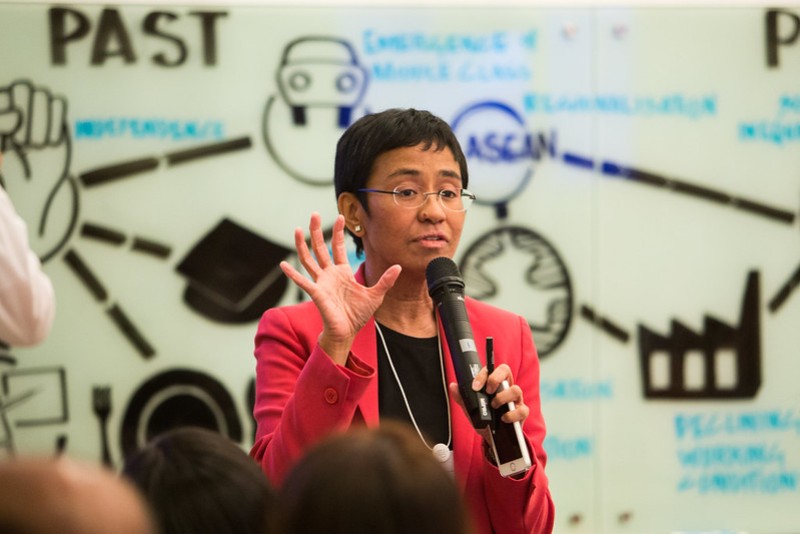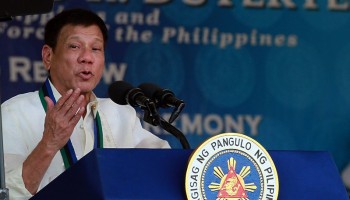The process to kick off the treaty proposal, championed by the Russian government, is set to be discussed at the United Nations next week.
In the upcoming U.N. meeting, countries will determine who can participate in future negotiations and whether the process will be based on consensus.
The NGO on Wednesday said it fears governments might use the potential pact as an excuse to target critics and to legitimize and normalize oppressive practices.
It also called for an open and transparent negotiation about introducing a version of the treaty that protects freedom of expression and involves human rights organizations throughout the process.
The term 'cybercrime' refers to criminal activity that breaches confidentiality, integrity, and availability to computer data or systems and, while some governments have introduced efforts to tackle this crime, part of these have resulted in the criminalization of online expression, association and assembly.
Human Rights Watch’s recent concerns follow a worldwide surge in cybercrime laws and a persecution pattern.
Despite several countries having adopted their own restrictive national cybercrime legislations, some of these have been used to surveil and persecute human rights activists, journalists, lawyers, and others instead of protecting citizens’ right to privacy.
In the Philippines, for example, the founder and executive editor of the critical news website Rappler, Maria Ressa, was convicted last year on baseless “cyber libel” charges.
Meanwhile, in Egypt, authorities have reportedly abused the Anti-Cyber And Information Technology Crimes Act to prosecute people that used secure digital communications.
Similarly, the Prevention of Electronic Crimes Act from Pakistan allows authorities to block critical websites and requires service providers to disclose user data.
A year ago, the U.N. General Assembly expressed concerns over how cybercrime legislations worldwide had been misused to target human rights defenders, hindering their work and putting them in danger.
“Cybercrime poses a real threat to people’s human rights and livelihoods and efforts to address it need to protect, not undermine, rights,” said Human Rights Watch’s digital rights researcher Deborah Brown.
“Delegations should think long and hard about whether the world actually needs a cybercrime treaty.”






